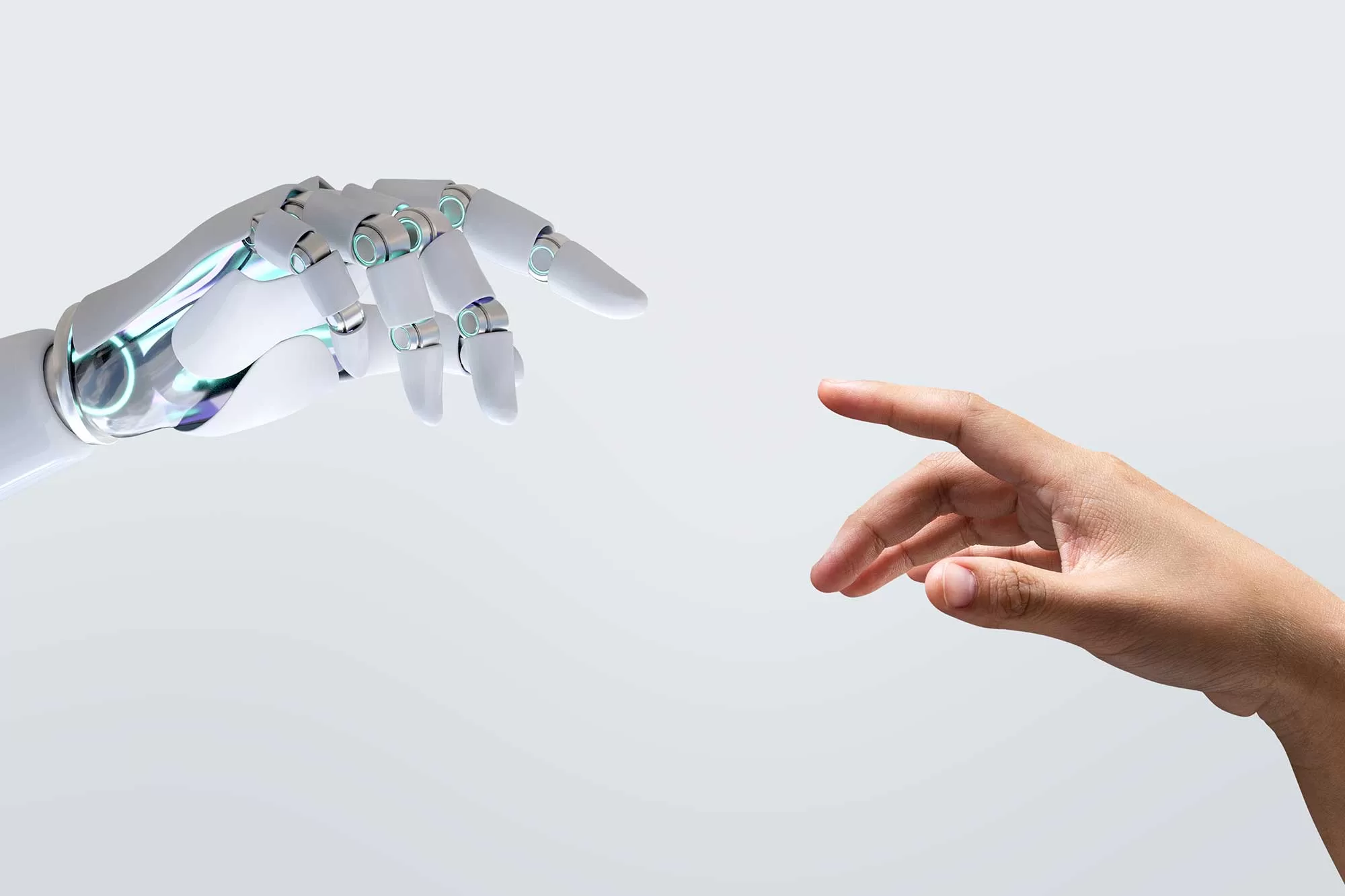Artificial Intelligence (AI) has been a topic of discussion for many years, but in recent times it has become increasingly relevant as technology continues to evolve at an exponential rate. AI involves creating computer systems that are capable of performing tasks that traditionally require human intelligence, such as making decisions, recognizing speech, and translating languages. With its potential to improve efficiency and productivity across a wide range of industries, AI is set to revolutionize the way we live and work.
One of the most significant ways in which AI will help humans is by improving healthcare. AI-powered technologies can be used to identify and diagnose diseases faster and more accurately than humans, leading to better patient outcomes. For example, AI can analyze large amounts of medical data to identify patterns that could indicate the early onset of a disease, allowing doctors to intervene before it becomes a more serious issue. AI can also be used to create personalized treatment plans for patients based on their medical history and current condition, leading to more effective treatments.

Another area where AI can have a significant impact is in the workplace. AI-powered machines and robots can take over repetitive and mundane tasks, freeing up human workers to focus on more complex and creative work. This not only increases productivity but also reduces the risk of work-related injuries and fatigue. Furthermore, AI can be used to optimize workflows and supply chains, leading to cost savings and improved efficiency.
In the field of transportation, AI-powered systems are already being used to make our roads safer. Self-driving cars and trucks can reduce the risk of accidents caused by human error, leading to fewer injuries and fatalities. AI can also be used to optimize traffic flow, reducing congestion and improving travel times.
In the world of entertainment, AI can be used to create more personalized experiences for consumers. For example, AI-powered recommendation engines can analyze user data to suggest movies, TV shows, and music that the user is likely to enjoy. This can lead to more engagement and loyalty from consumers, ultimately leading to increased revenue for content creators.
Finally, AI can be used to address some of the most pressing global challenges, such as climate change and poverty. For example, AI can be used to optimize energy consumption, leading to reduced carbon emissions. AI can also be used to identify areas where poverty is most prevalent, allowing governments and non-profit organizations to target their resources more effectively.
In conclusion, AI is set to transform the way we live and work in countless ways. By automating repetitive tasks, improving healthcare, optimizing transportation, and addressing global challenges, AI has the potential to make our lives easier, safer, and more fulfilling. As with any new technology, there are also risks and challenges associated with AI, but with careful management, these can be minimized. Ultimately, AI is a powerful tool that has the potential to improve the quality of life for millions of people around the world.

